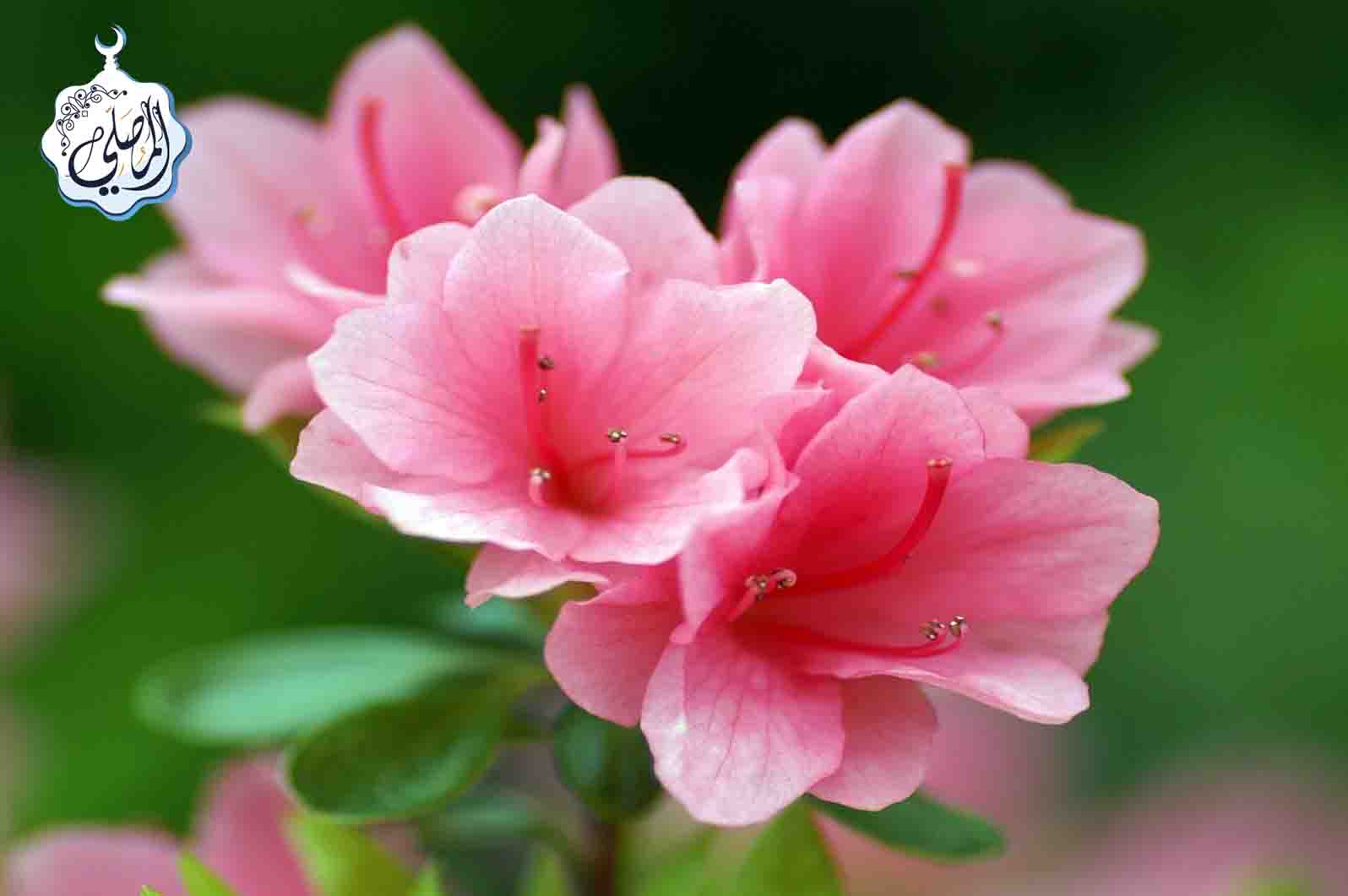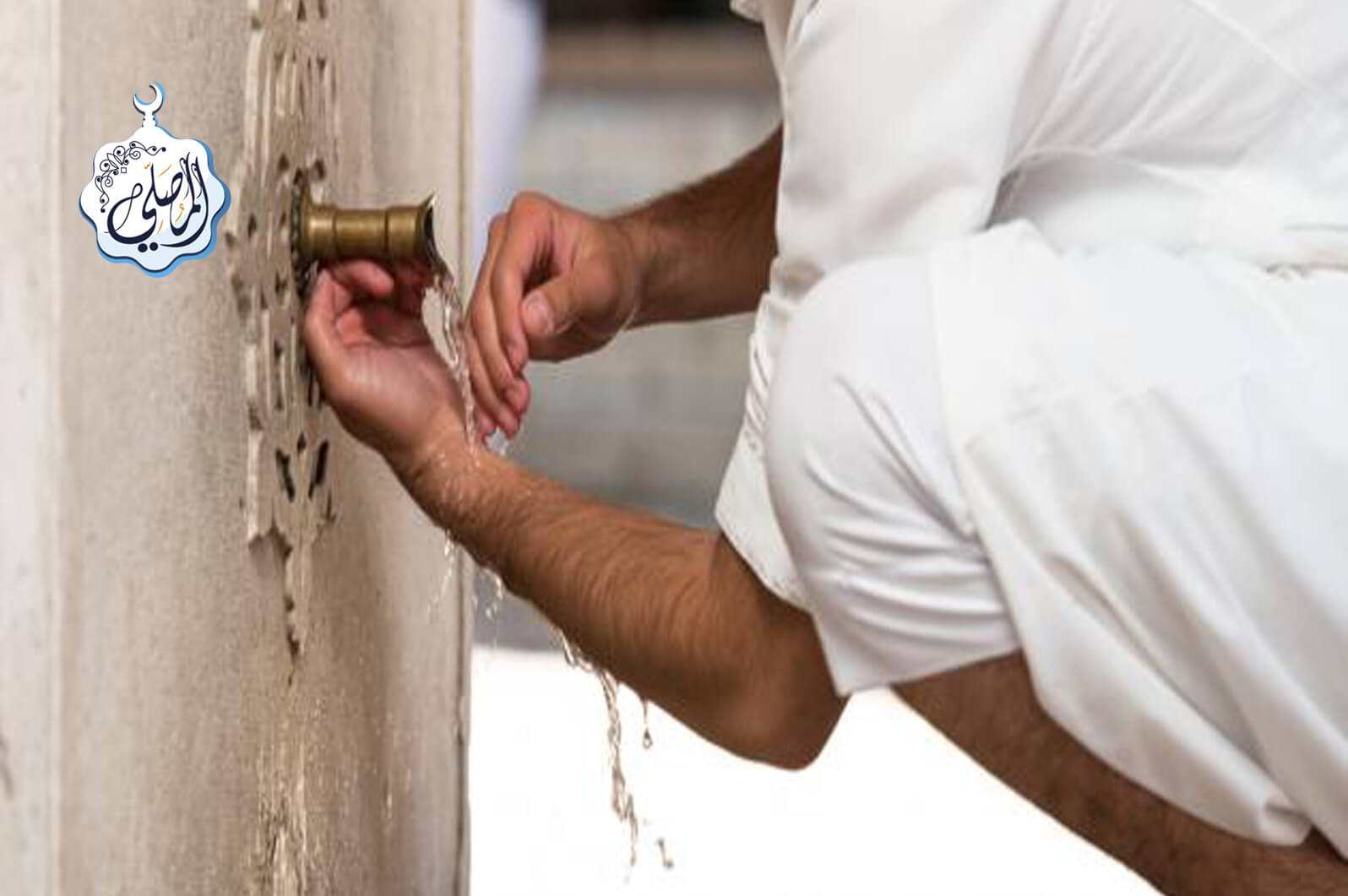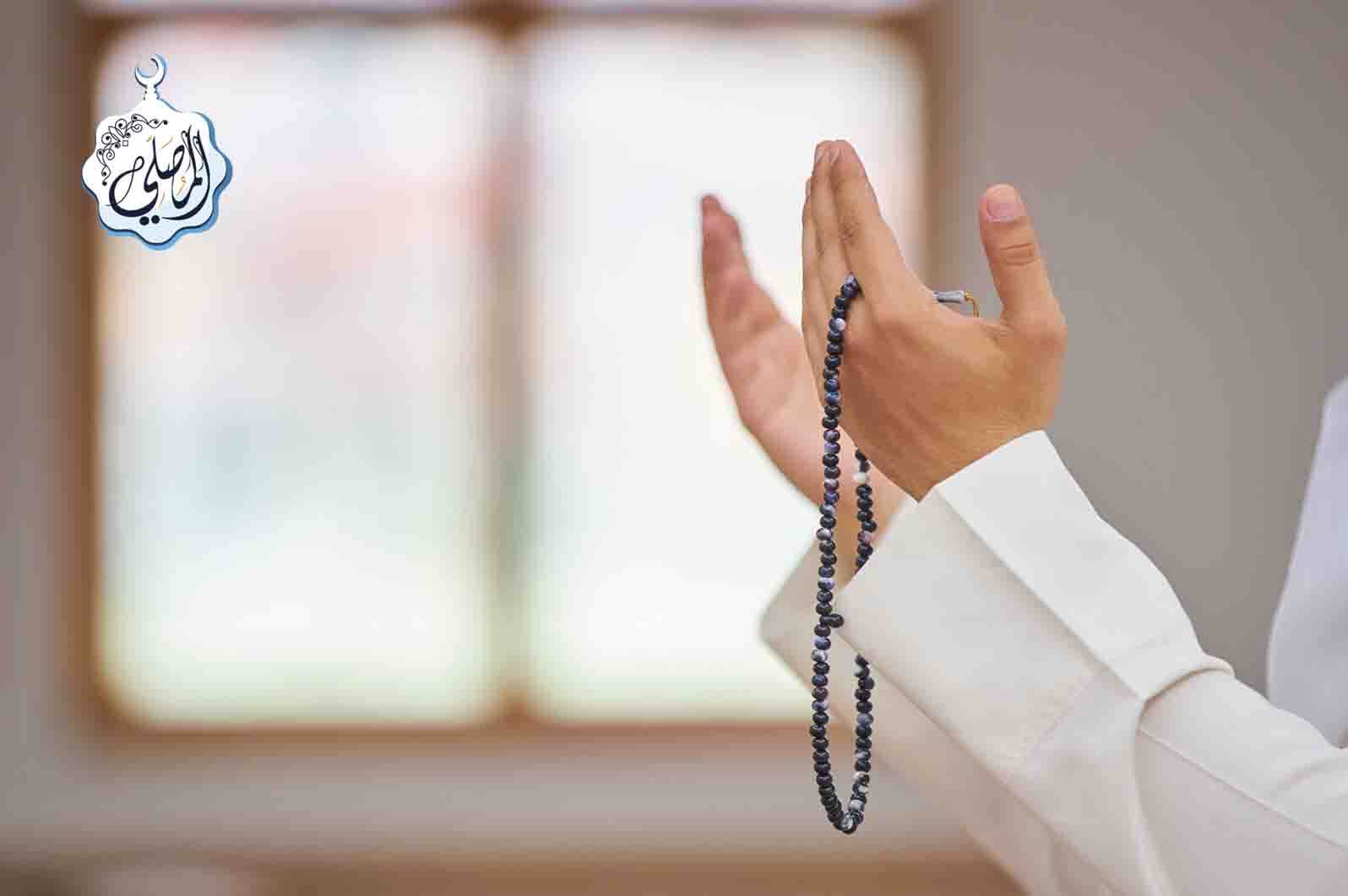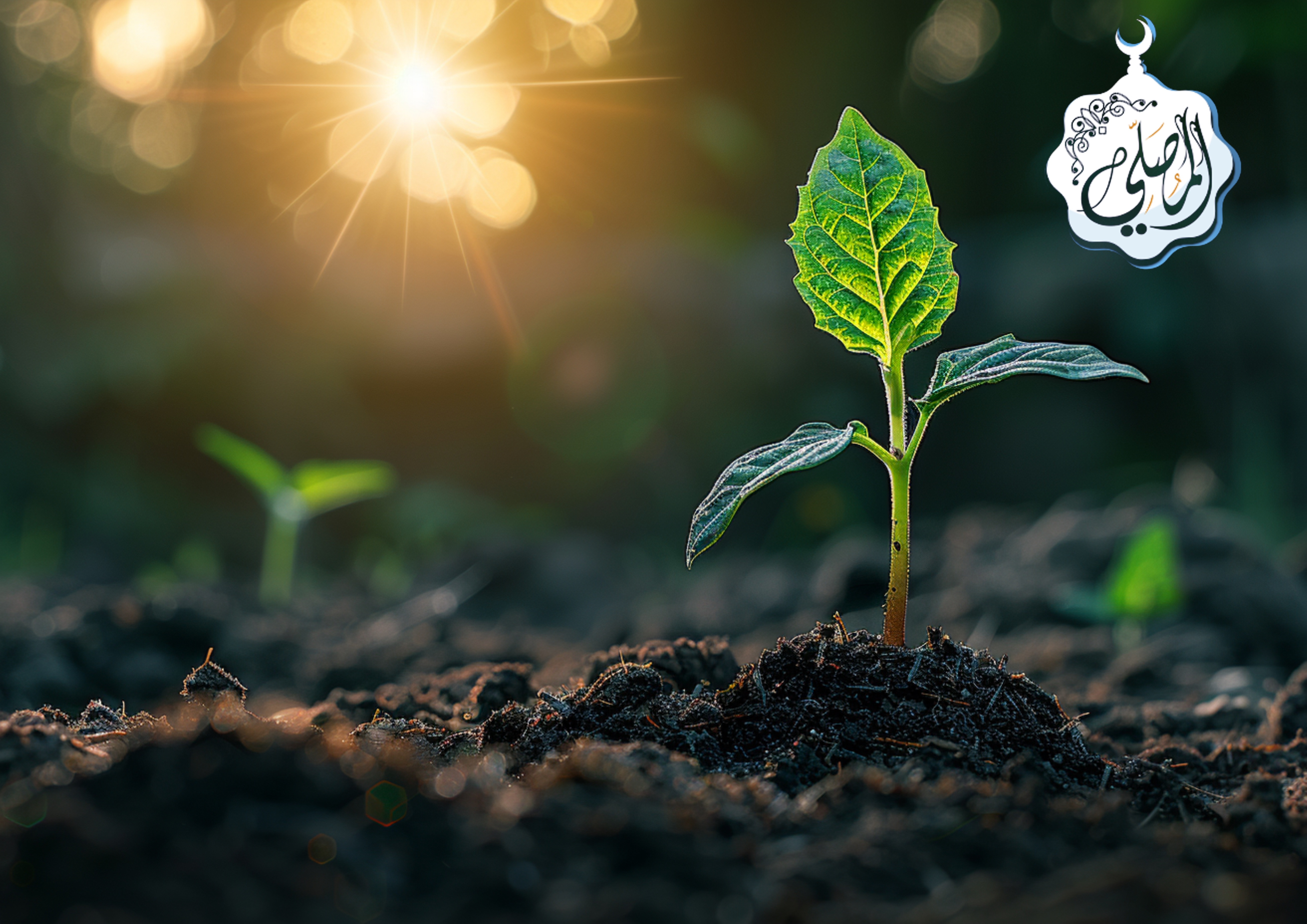_2025_10_26_12_29_09_79.png)
In the spiritual economy of a Muslim, every deed is an investment for the eternal life to come. Yet there exists a silent thief that can rob us of our spiritual savings without us even realizing it. This thief is called Riyaa' - showing off in worship to be seen and praised by people rather than seeking the pleasure of Allah alone.
The Prophet Muhammad (ﷺ) warned us about this subtle danger, saying:
"The thing I fear most for you is minor shirk: Riyaa' (showing off)." (Ahmad)
1. Understanding Riyaa': The Hidden Shirk
What Exactly is Riyaa'?
Riyaa' comes from the root word "ru'ya" meaning "to see." It is performing acts of worship with the intention that others will see or hear about them, seeking their praise and admiration rather than Allah's pleasure.
Allah warns in the Quran:
"So whoever would hope for the meeting with his Lord - let him do righteous work and not associate in the worship of his Lord anyone." (Quran 18:110)
The great scholar Hasan al-Basri said: "Riyaa' is more hidden than a black ant crawling on a black stone on a dark night."
2. The Subtle Ways Riyaa' Creeps In
Riyaa' doesn't always appear as blatant showing off. Often, it enters our hearts through subtle doorways:
The "Good Deed Enhancement" Riyaa'
Praying longer rak'ahs only when you know someone is watching
Making your voice more beautiful in Quran recitation specifically when others can hear
Posting about your charity or good deeds on social media to gain admiration rather than to encourage others
The "Appearance Management" Riyaa'
Growing a longer beard or wearing specific Islamic attire to be seen as "pious"
Making sure your prayer spot in the mosque is visible to others
Speaking about Islamic knowledge in gatherings to show off rather than to benefit others
The "Action Timing" Riyaa'
Increasing worship right before an Islamic event or gathering where you'll be seen
Choosing to pray Sunnah prayers in the front rows rather than somewhere discreet
Delaying a good deed until you have an audience
The Most Subtle Form: "Self-Admiration"
This occurs when you feel pleased and impressed with your own worship, looking down upon others who you perceive as less religious. This is still Riyaa' - you have become your own audience.
3. The Devastating Consequences of Riyaa'
Spiritual Bankruptcy on Judgment Day
The Prophet (ﷺ) described the frightening scene of Judgment Day:
"The first to be judged on the Day of Resurrection will be a man who was martyred. He will be brought forward... It will be said: 'You have lied! You fought only so that it would be said you were brave!' Then he will be ordered to be dragged on his face until he is thrown into Hell...
Then a man who acquired and gave charity will be brought... It will be said: 'You have lied! You did it only so that it would be said you are generous!' Then he will be ordered to be dragged on his face until he is thrown into Hell...
Then a man who learned knowledge, taught it, and recited Quran will be brought... It will be said: 'You have lied! You studied only so that it would be said you are a scholar, and you recited only so that it would be said you are a reciter!' Then he will be ordered to be dragged on his face until he is thrown into Hell." (Sunan an-Nasa'i)
Nullification of Good Deeds
Allah says in the Hadith Qudsi:
"I am the Most Self-Sufficient, needing no partner. Whoever does an act for someone else besides Me, I will leave him to his partner." (Sahih Muslim)
This means deeds mixed with Riyaa' will be rejected entirely on Judgment Day.
4. The Cure: Cultivating Sincere Ikhlas
Ikhlas means to purify our intention, making every deed exclusively for Allah's pleasure. Here's how to cultivate it:
1. The "Before-Action" Intention Check
Before any act of worship, pause and ask yourself: "Am I doing this for Allah or for people?" If the answer isn't purely for Allah, renew your intention.
The Prophet (ﷺ) taught:
"Actions are judged by intentions, and every person will get what they intended." (Sahih al-Bukhari)
2. Hide Your Good Deeds When Possible
Give charity anonymously
Pray night prayers when your family is asleep
Fast voluntary fasts without telling anyone
Learn Islamic knowledge in private study sessions
The Prophet (ﷺ) said about the seven whom Allah will shade on Judgment Day:
"...A man who gives charity and conceals it such that his left hand does not know what his right hand gives..." (Sahih al-Bukhari)
3. Seek the "Unseen Rewards"
Train yourself to find pleasure not in people's praise but in the thought of Allah's pleasure and the unseen rewards He has prepared.
4. Make Constant Du'a Against Riyaa'
The Prophet (ﷺ) taught us to say:
"Allahumma inni a'udhu bika an ushrika bika wa ana a'lam, wa astaghfiruka lima la a'lam."
"O Allah, I seek refuge in You from associating partners with You knowingly, and I seek Your forgiveness for what I do unknowingly." (Sahih al-Bukhari)
5. Reflect on Your Own Shortcomings
Regularly reflect on your sins and shortcomings. This prevents pride and the desire to show off, keeping the heart humble.
6. Remember Death Frequently
Ask yourself: "Will people's praise benefit me in my grave? Will it help me on Judgment Day?" This puts temporary admiration in its proper perspective.
5. Dealing with Accidental Riyaa'
What if a good deed starts sincerely but then feelings of showing off creep in during the action?
The Solution: Immediately reject these thoughts and renew your intention internally. Do not abandon the good deed. The scholars agree that as long as you fight these thoughts and renew your intention for Allah, your deed remains valid.
Conclusion: From People-Pleasing to Allah-Pleasing
The journey from Riyaa' to Ikhlas is the journey from being a people-pleaser to becoming an Allah-pleaser. It requires constant vigilance over our intentions and a sincere desire to purify our hearts.
Remember that sincerity is not a one-time achievement but a daily struggle. Some days you'll succeed, other days you'll need to seek forgiveness and try again. What matters is that you keep trying.
Make this your daily du'a:
"O Allah, make me sincere in my intentions, pure in my actions, and distant from showing off. Make my deeds solely for Your Noble Face, and accept them from me."
May Allah make us among those whose deeds are purely for His sake, who worship Him as if we see Him, and who are granted the ultimate success of seeing Him in the Hereafter. Ameen.










 share facebook
share facebook share whatsApp
share whatsApp share twitter
share twitter share telegram
share telegram copy
copy







